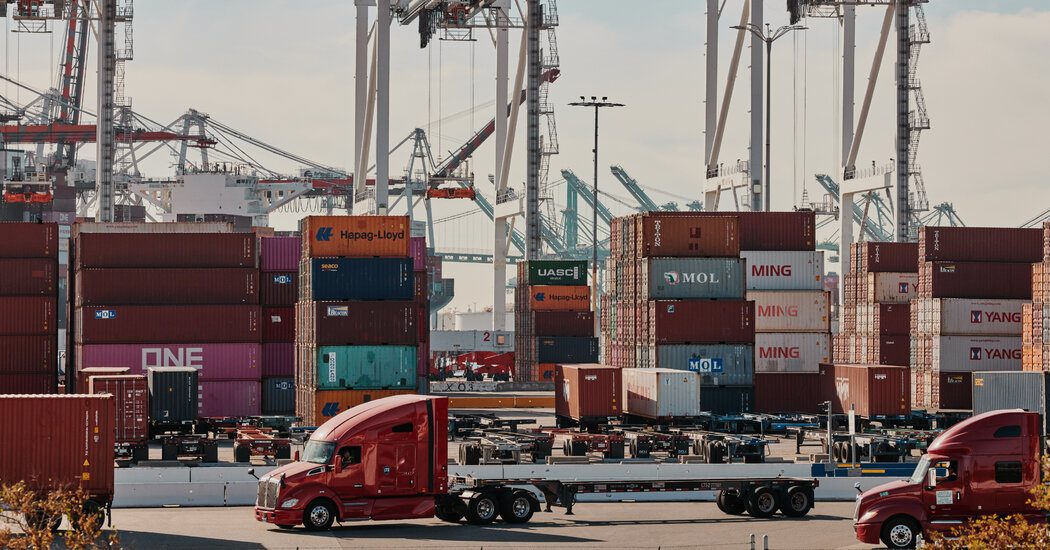
Trump’s Tariff Plans Amid Rising Inflation: Economic Implications
The intensifying inflation landscape has heightened concerns surrounding former President Trump’s intentions to augment his tariff strategies against the United States’ largest trade partners. This approach could lead to even steeper prices for consumers, complicating the Federal Reserve’s potential move to lower interest rates in the near future.
Recent reports on inflation revealed a notable surge in the January Consumer Price Index, a situation influenced partly by seasonal anomalies typically observed at the start of the year. However, the magnitude of the increase has rekindled worries about the overall economic outlook.
In response, Trump shifted blame towards the previous administration. His press secretary, Karoline Leavitt, emphasized that the recent inflation figures serve as a "damning indictment" of the Biden administration’s mishandling of the inflation issue, coupled with a lack of transparency in their response.
Many experts view the timing of tariff implementation, while inflation remains unresolved, as problematic. This is especially concerning for a president who promised to lower prices starting on his first day in office.
According to economist Michael Strain from the American Enterprise Institute, "Introducing significant tariffs on imported goods could reignite some of the lingering inflationary pressures still present in the economy."
On Thursday, Trump announced his plans to set in motion "reciprocal tariffs," which would increase the tariffs imposed by the U.S. on imported goods based on various criteria, including what other nations impose on American exports. This strategy reflects an ongoing attempt to manage trade dynamics amid a challenging economic climate.









